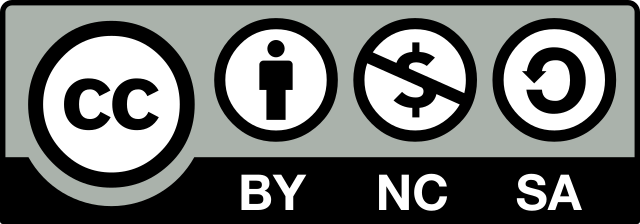Abstract
Objective The aim of this work was to assess the psychosocial impact of acne on adolescents to improve their quality of life. Background Acne vulgaris is a common skin condition with substantial cutaneous and psychological burden. Studies suggest that the emotional impact of acne is comparable to that experienced by patients with systemic diseases. Patients and methods This cross-sectional study included 425 students with acne aged between 11 and 19 years. The psychosocial effect of acne was assessed using the acne quality of life questionnaires. Results Overall, 55.5% of our patients were female and 45.5% were male. The mean age was 15.91 years. In all, 90.1% had facial acne, 32.9% had acne in the back, 74.8% had closed comedo, 55.3% had open comedo, 18.4% had pustules, and only 8.2% had cysts and nodules. Of the total, 76, 17.9, and 6.1% of patients had mild, moderate, and severe acne, respectively. Acne severely affected the patients' perception, emotional state, and social activities. The most affected sector in patients' perception was dissatisfaction with their appearance, feeling unattractive, and disturbed self-confidence (P < 0.001). Being bothered by the need to have medication and cover-up available and not looking their best was the worst emotional impact (P < 0.001). The most affected social activity was interacting with the opposite sex (P < 0.001). Conclusion Acne vulgaris is incriminated in affecting the patients' perception, psychological state, and social activities with increasing affection with increasing the degree of acne.
Article Type
Original Study
Recommended Citation
Salama, Aml A.; Eshak Omar, Heba-Alla M.; Abd Elwahed, Mohamed; and Mahrous, Omaima A.
(2018)
"Psychosocial impact of acne vulgaris on adolescents in preparatory and secondary schools,"
Menoufia Medical Journal: Vol. 30:
Iss.
4, Article 20.
DOI: https://doi.org/10.4103/mmj.mmj_179_17

 Attribution-NonCommercial-ShareAlike 4.0 International (CC BY-NC-SA 4.0)
Attribution-NonCommercial-ShareAlike 4.0 International (CC BY-NC-SA 4.0)



